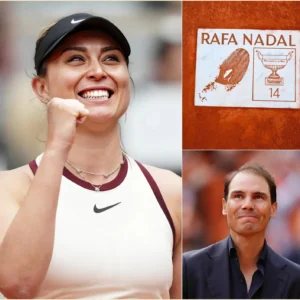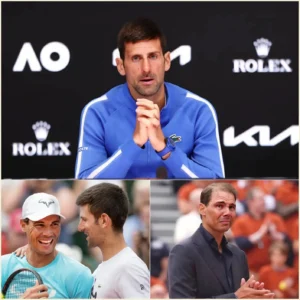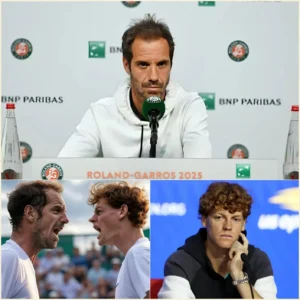The Olympic Games, regarded as the pinnacle of athletic achievement, represent an arena where talent, discipline, and individual effort are tested at the highest level. However, throughout their history, controversies have emerged that challenge the fairness of this global event. One of the most contentious topics in recent years revolves around gender inclusion and the participation of athletes who do not fit within traditional definitions of male or female. This debate has put sports organizations, such as the World Boxing Organization (WBO), under intense scrutiny.

The case of Imane Khelif, an Algerian boxer, has attracted international attention, highlighting the complexities surrounding gender identity in sports. Khelif’s eligibility to compete in women’s competitions has been questioned, raising concerns about whether her participation offers an unfair advantage. The WBO, as a governing body for professional boxing, has been forced to address the issue, releasing a statement acknowledging that “the evidence is not sufficiently convincing” to make a definitive decision, leaving the debate unresolved and generating further controversy.
Since their inception, the Olympic Games have promoted values of equality and respect. However, these principles often face challenges from biological and social realities. In sports, the categories of “male” and “female” have traditionally been used to ensure fairness. Yet, these binary categories do not always align with the identities of every athlete. As society becomes more inclusive of transgender and non-binary individuals, sports organizations are grappling with how to address these changes without compromising competitive fairness—especially in contact sports like boxing.
Imane Khelif’s situation exemplifies the difficulties of applying traditional gender rules to modern sports. While Khelif has competed in women’s boxing, her gender identity has been questioned, with some alleging that her physiology may provide an unfair advantage over other female competitors. Despite conducting investigations, the WBO has found insufficient evidence to disqualify or restrict her participation. This lack of clarity has sparked broader questions about the fairness of the Olympics and other global competitions when athletes do not conform to conventional gender categories.
The debate surrounding athletes like Imane Khelif has sparked polarizing opinions. Supporters of inclusion argue that excluding transgender or non-conforming athletes is a form of discrimination that contradicts the Olympic values of equality and respect. They believe athletes should be judged based on their performance and skills, not their gender identity.
However, others argue that allowing athletes with certain biological traits to compete in women’s categories undermines fairness. They point to physiological differences that may give some competitors disproportionate advantages, making the competition inherently unfair. This perspective emphasizes the significance of biological distinctions in competitive sports and suggests these differences cannot be ignored.
The WBO’s position in the Imane Khelif case reflects the challenges sports organizations face when addressing gender inclusion. By stating that the evidence is not sufficiently convincing, the WBO has left the matter open for further debate, avoiding a firm stance on an issue that requires clear resolution. This indecision creates uncertainty for both athletes and spectators, potentially affecting public perceptions of the Olympics as a space for fair competition.
The future of international sports hinges on how these controversies are resolved. Organizations like the Olympic Games must find a way to balance inclusion with fairness, ensuring that the fundamental values of sport remain intact. This may involve creating new competition categories or establishing more detailed rules to ensure that every athlete has a fair chance to compete, regardless of gender identity.
In conclusion, the case of Imane Khelif raises critical questions about gender, fairness, and inclusion in sports. While the WBO’s response reflects the complexities of the issue, it also underscores the need for clear policies and thoughtful solutions. As the debate continues, the world of sports must navigate these evolving dynamics to ensure that competition remains both inclusive and fair for all athletes.






